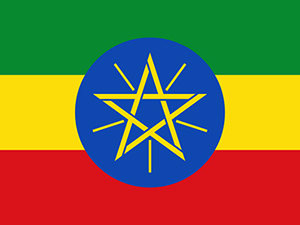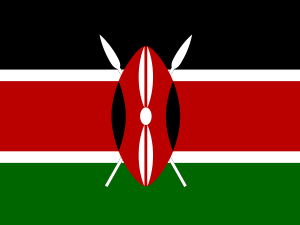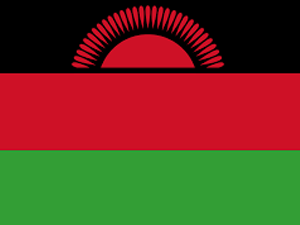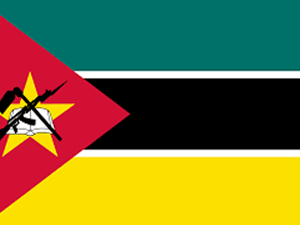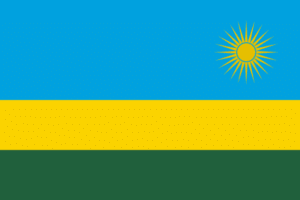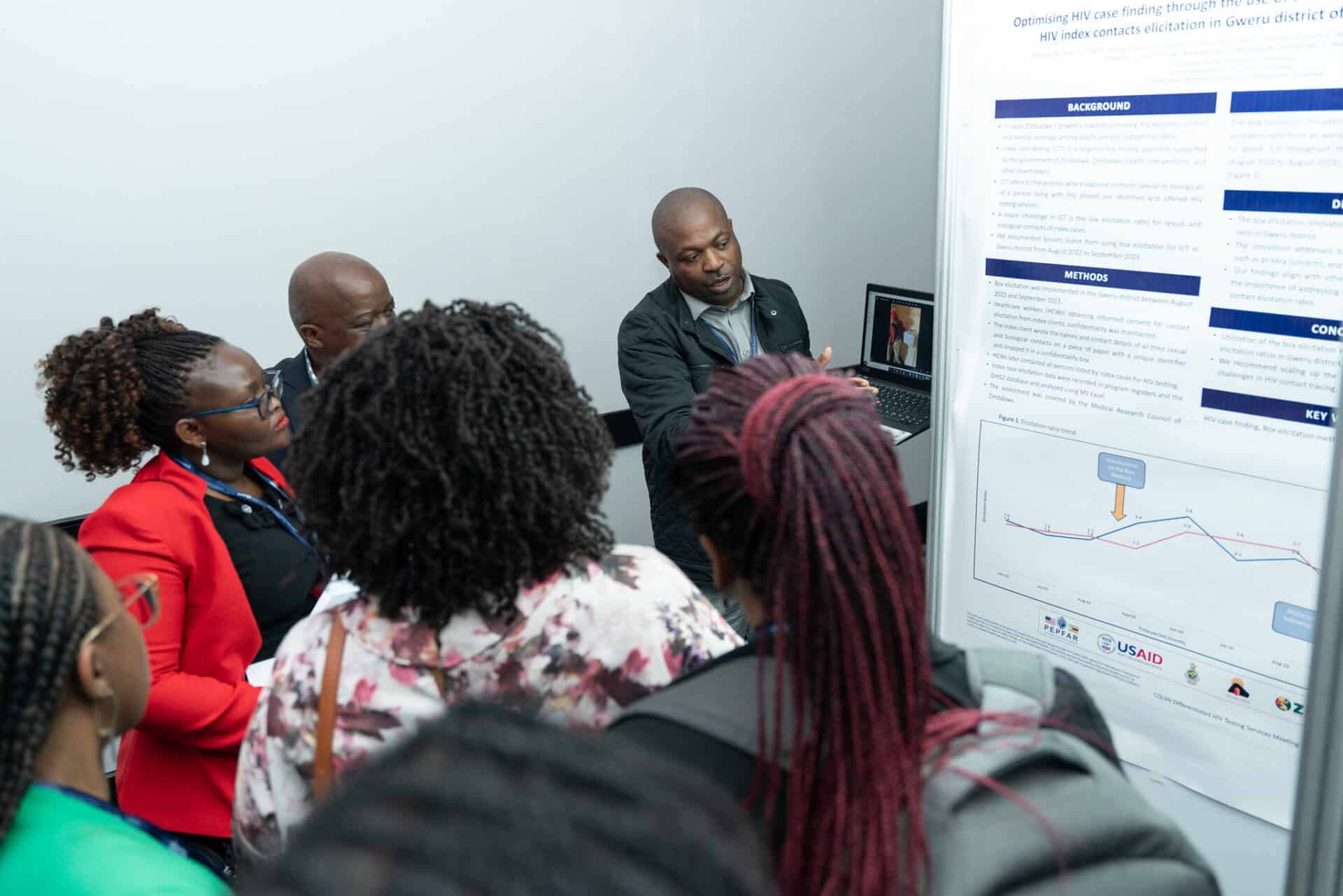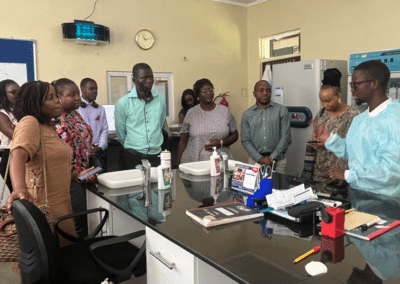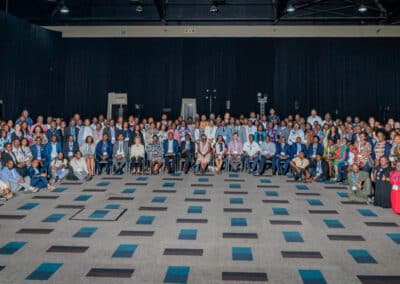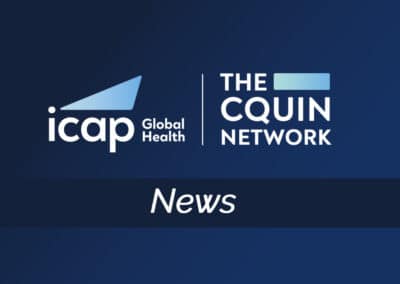From July 9 to 12, 2024, CQUIN convened more than 240 health system leaders from 21 countries in the CQUIN network, including global partners, for the second all-network Differentiated HIV Testing Services (dHTS) meeting in Durban, South Africa. Country teams led by Ministry of Health representatives included recipients of care organizations, implementing partners, donors, and civil society organizations who met to discuss, review, and share country progress made since introducing the dHTS Capability Maturity Model (CMM) in 2023.
“We observed significant country progress during this first year of implementing the dHTS CMM with a 32% increase in maturity across country testing programs,” said Violet Oramisi, MBChB, MSc, CQUIN regional strategic information advisor and co-lead for the project’s dHTS stream of work. “Among the countries with the least mature dHTS progress in 2023, Cameroon demonstrated impressive advancements, with its baseline score rising from 43 to 65 out of a possible 110 total score,” she said.
The dHTS CMM evaluates country-specific HIV testing programs across 22 distinct domains needed to demonstrate a mature testing program and provides a comprehensive framework for assessing progress and identifying gaps. The dHTS CMM also enables ministries of health to monitor advancements in these domains and align their activities with program targets. The scoring system, based on the maturity and effectiveness of differentiated HIV testing approaches, reflects the extent to which countries have integrated patient-centered, context-specific strategies. Countries using the dHTS CMM annually can enhance the overall impact of their HIV testing programs.
In 2023, ICAP-CQUIN launched the dHTS stream of work and introduced the dHTS CMM self-assessment tool. Countries completed baseline assessments and developed action plans to address identified gaps. Countries then implemented prioritized activities supported by funding from PEPFAR, the Global Fund, and other donors. CQUIN provided technical assistance, addressing common challenges and priorities shared by member countries. Through webinars, communities of practice, and targeted country-specific support, CQUIN facilitated knowledge sharing, helping countries adopt effective HIV testing strategies.
During the July 2024 meeting, participants explored innovative HIV testing methodologies, including expanded use of HIV self-testing (HIVST) and strategies to address quality concerns. Over the past year, CQUIN facilitated cross-learning among countries in the network by hosting a series of meetings aimed at enhancing the adoption of policies and guidelines necessary for scaling up HIV testing modalities. CQUIN also provided specific technical assistance to several countries, including Uganda’s development of an implementation plan for HIV testing. CQUIN also supported Lesotho and Liberia in updating their Health Management Information Systems (HMIS) tools to capture dHTS model mixes and testing approaches better and supported a team from Mozambique for a country-to-country visit to Malawi to learn strategies for re-engaging individuals in care, including testing. The 2024 dHTS meeting provided a platform for countries to review and share these lessons learned and more.
“One of the most compelling innovations observed is the widespread adoption of electronic medical records to enhance monitoring and evaluation systems,” said John Bosco Matovu, MBChB, MPH, MSc, CQUIN regional clinical advisor and dHTS stream of work lead. “Countries such as Malawi, with its scan form technology, and Kenya, with its national data warehouse and digital platforms, have generated client-level data to support microplanning for dHTS and enhanced HTS uptake. Additionally, South Africa’s use of artificial intelligence platforms has shown promising results in boosting HTS uptake, highlighting the innovative approaches countries are adopting to address health challenges and serving as models for other nations to follow,” added Matovu.
As part of their collaborative efforts during the meeting, countries finalized their dHTS action plans addressing critical gaps while prioritizing activities that ministries of health can fund alongside implementing partners and donors. These validated action plans were submitted to CQUIN at the end of August 2024 for ongoing technical assistance and progress tracking.
In preparation for the CQUIN 8th annual meeting in December 2024, countries will again discuss progress in scaling up high-quality dHTS and review country progress with the Treatment and Advanced HIV Disease (AHD) capability maturity models. “Achieving HIV epidemic control needs a combination of different efforts and activities. At CQUIN, we want to ensure we are equipping country programs with the tools they need to achieve their goals within their programs and meet their targets as holistically as possible,” said Maureen Syowai, MBChB, MSc, CQUIN deputy director (technical).
Access all the presentations from the dHTS meeting here.







